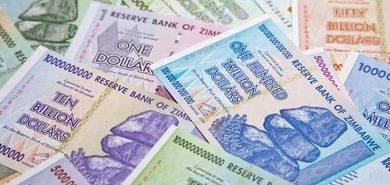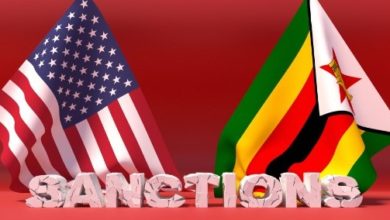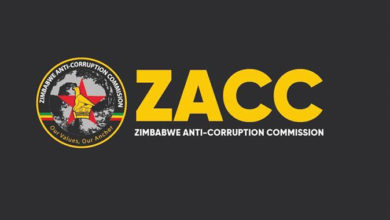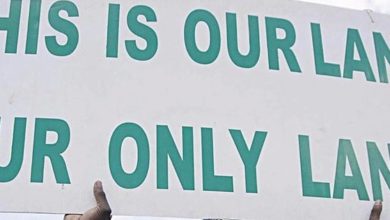The intriguing Book of Zimbabwe – Part 12, The first close election & the aftermath
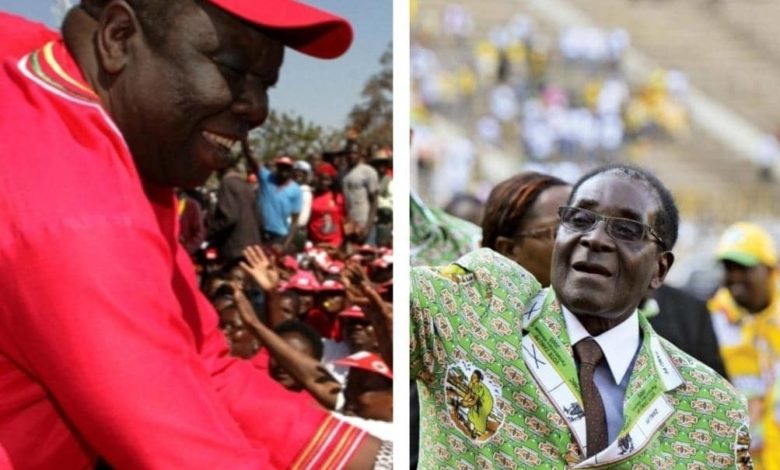
All the while, the politics never stopped
All the while that the issues of hyperinflation and currency restatements discussed in the previous chapter where happening, political and election squabbles were also taking place, and most often, were contaminating the economic environment and further spurring the instabilities.
Today, elections in Zimbabwe for the various electable offices are held concurrently under a harmonised election system, however, this has not always been the case. In 2000, the country held its Parliamentary Elections in June where 120 seats were being contested. Traditionally, ZANU PF was assured of an overwhelming majority but this time, the new MDC party, barely one year old, put up a spirited fight. Garnering 57 seats against 62 for ZANU PF, in one fell swoop, the MDC set itself up as a formidable rival to establishment politics, defined itself as a party for the urban voters, and took away the two thirds Parliamentary majority that ZANU PF had become accustomed to. In terms of the popular vote, the MDC was narrowly beaten by ZANU PF by less than 100 thousand votes. This result was achieved despite allegations of extensive voter intimidation, harassment, violence, vote rigging and even alleged cases of unresolved murders. Nonetheless, the opposition rightly viewed this outcome as a favourable litmus test for the Presidential election due in 2002. If they could achieve this much electoral ground in less than a year, then surely in two years the Presidency could be theirs, or could it?
Plot to eliminate Mugabe?
As the country edged closer to the Presidential ballot planned for the second week of March 2002, an explosive documentary aired on an Australian television channel. In it, secretly recorded footage and a narrative purported that Morgan Tsvangirai had contracted a named Canadian firm, to arrange the “elimination” of President Mugabe ahead of the polls. The grainy recordings also appeared to show conversations about payments and organizing transitional arrangements that were to follow the alleged “elimination” of the President. According to the recordings, the MDC leader had also allegedly considered how he would engage the army and the Vice President, who would have become Acting President in the event of President Mugabe’s demise. Plans were also discussed to suspend Parliament and delay elections presumably to allow for time to stabilise the country until conditions were favourable for polls to take place. Another London based organisation was allegedly named in the video by Tsvangirai only in initials as his preferred conduit for receiving funding to aid his party during the envisaged transition.
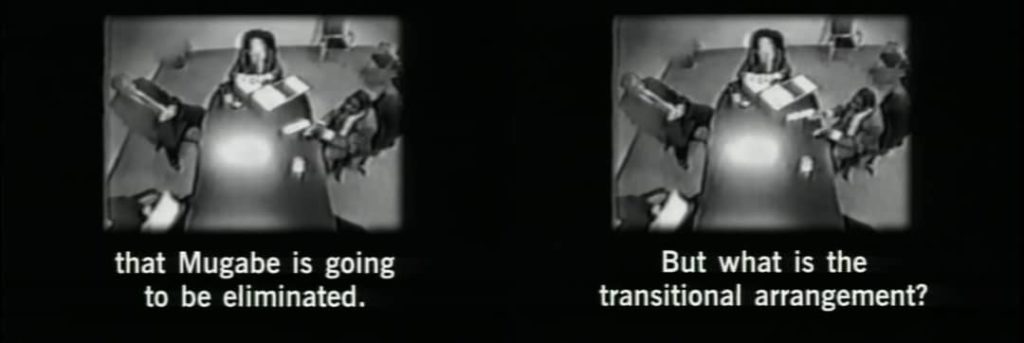
As expected, after the documentary aired and was reviewed by the Zimbabwean authorities, Morgan Tsvangirai was arrested, extensively interrogated and charged with treason. Although he admitted to the meeting and two others before, he denied the charges, calling them a smear campaign to discredit his candidature in the upcoming polls. He was later released from detention without bail and allowed to continue campaigning. Western media and politicians were quick to side with Mr. Tsvangirai saying the charges against him were simply “another example of Mugabe’s increasingly authoritarian rule, and an attempt to obstruct the conduct of the elections that were forthcoming.” Ari Ben Menashe, one of the principals of the consultancy firm that Morgan Tsvangirai had allegedly contracted to execute the elimination plot, was widely discredited by Western press as a serial fantasist with a dubious past and long links with President Mugabe. This notwithstanding, the criminal charges stuck with the MDC leader until they were dropped by a Zimbabwean court for lack of conclusive evidence in October 2004. This came after the state’s case had collapsed when the words “assassination” and “murder” used in preferring the charges were not found in the recordings. Instead, the word “elimination” was used multiple times in the recorded conversation. But before the charges were dropped, they had worked against Mr. Tsvangirai when his party splintered in 2002. We will soon come to understand the reasons for the opposition split and how that was linked to the alleged elimination plot.
A tensive election environment
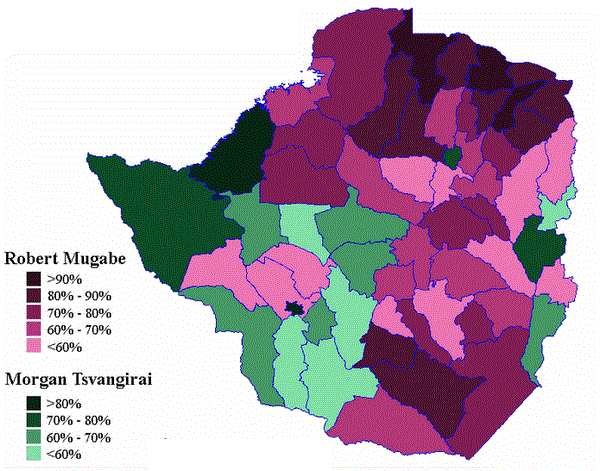
With the foregoing, a tense atmosphere going into the 2002 Presidential election was all but certain. President Mugabe was facing the first serious challenge to his 22 years in office. Conditions in the economy were militating against him. Jobs were disappearing, rocketing inflation and runaway prices were chipping away at urban support. In the rural areas, unfulfilled promises, hunger and rising poverty were causing disaffection. Lobby pressure from civic organisations, cuts in donor support and sanctions were strangling the national purse. A young and vibrant opposition seemingly enjoying Western support was pulling large crowds at campaign rallies. The multiple unprecedented challenges faced by the incumbent, formed the background to the closest Presidential election since the country was born. There were going to be more, even closer elections in the future, but this was a first for the young nation, because until then, Presidential elections had always been a stroll to victory for Mugabe. But in the end -at least this time- elections came, results were tallied and Mugabe won another term as President, although the election result was disputed by the opposition and was also not widely received by independent observers for a number of reasons, some of which were valid whilst others were interest driven.
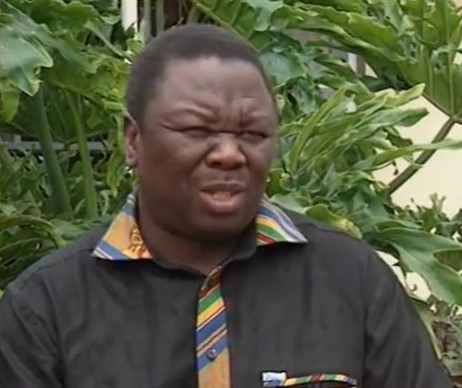
disappointed that the EU had delayed imposition of targeted
sanctions that the MDC had been calling for
As with the Parliamentary election before it, this poll was characterised by allegations of intimidation, harassment, electoral fraud and violence to the extent of alleged murders. A report by GlobalSecurity.Org puts the number of politcaly motivated killings above 50, and adds that most were opposition supporters. On the back of these allegations, the MDC refused to accept the outcome of the poll claiming that its candidate would have won had the plebiscite been free and fair. Importantly, the level of violence during the run-up to the ballot as well as allegations of irregularities in the management of the polls invited international condemnation and gave the United Kingdom under Tony Blair, leverage to push their agenda for sanctions. Since land reform in Zimbabwe, the British were already looking for an excuse to impose sanctions, and now they had found one. A report by the Daily Telegraph suggests that one of the Late Queen Elizabeth II’s first cousins, Mrs. Margaret Rhodes could have been among the first people to call for sanctions on Zimbabwe years earlier, after learning that her son may have been assaulted in Harare shortly after he had joined and later left a peaceful protest in the capital. It is claimed that she planned to call her cousin, the Monarch, to urge the British government to introduce coercive measures on Harare in response to the reported violence. Although it is not clear from the article whether or not Mrs. Rhodes then made the call to the Queen, it was when Morgan Tsvangirai and his MDC party also joined the bandwagon calling for sanctions, that the Western powers found ammunition with which to justify their sanctions. An undated video clip of Morgan Tsvangirai being interviewed by the Associated Press shows Mr. Tsvangirai saying of the EU and calls for sanctions on Zimbabwe, “They have been talking about sanctions, and not imposing any. We have called for [the] EU, [a] long time ago, to impose targeted sanctions to have an effect on the behaviour of this government. It’s too late now.” And so it was that, although Tsvangirai considered them late, countries like the UK, Australia, Canada and others in the EU, enacted various forms of sanctions and restrictions on a target list of Zimbabwean individuals and entities. But these sanctions by the UK and others were alone, not going to be effective, Prime Minister Blair needed US support to create a package of sanctions hurtful enough to impact the administration in Harare, and at the same time, the Americans needed a semblance of international support with their wars in the Middle East in the aftermath of the infamous September 11, 2001 terror attacks in the United States. With that, the Western powers agreed to form a “coalition of the willing” aligned together in conducting varying degrees of military invasions in Afghanistan and Iraq, and also to gang up against Harare with various incremental sanctions. And it has been the case that sanctions that started earlier with United States’ ZDERA, then the UK, EU and others, have been in place with periodic revisions and renewals as the political environment in Zimbabwe has continued to evolve.
It was really about “property” [read “land”] rights & not elections
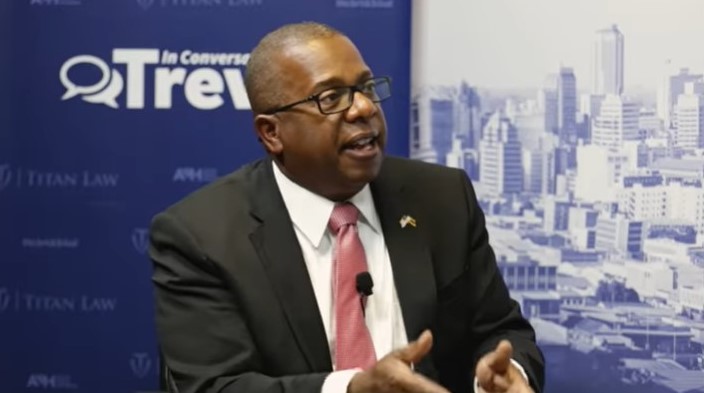
With the UK and EU sanctions, the targeted list of persons and entities previously saddled with tough US sanctions, now had various additional regimes of coercive measures to deal with. Beginning with the United States’ ZDERA sanctions regime enacted after the fast-track land reform program, the ZDERA sanctions, which were in two parts, demanded that the government institute certain political, electoral, media, security sector and economic reforms as well as respect human and property rights. Failure to comply with the sanctions demands, resulted, in the first part, in travel and transaction restrictions as well as asset freezes for the targeted individuals and entities as applicable. Far-reaching weapons and spare parts embargos also came with the sanctions. In the second part, ZDERA instructed the US Executives at international lending institutions like the IMF and the World Bank, to block any new lending or debt relief to the administration in Harare. As might be expected, these actions and measures angered ZANU PF which saw the demands as foreign interference in the affairs of a sovereign nation. The party has maintained that these sanctions, which have still not been endorsed by the UN Security Council, were illegal from the onset, and, in as far as they pertain to property rights, were crafted to force the government to reverse its land reform program, but were mixed-in with other issues to conceal their real purpose. There is some credence to this assertion as unwittingly inferred by US Ambassador Brian Nichols in an “In Conversation with Trever” discussion during his ambassadorial tenure in Harare. Asked by Trever Ncube whether or not the US would lift its sanctions if the opposing political forces jointly asked it to do so, the Ambassador replied, “We would say, what have you done to promote free, fair, [and] transparent elections? What have you done to address the human rights concerns? What have you done with regard to the SADC Tribunal rulings of 2007 forward with regard to what we might euphemistically call, [the] fast-track land reform program? What have you done with the disappeared people that are specifically cited in the ZDERA legislation?”
As can be seen, the land reform program was cited as a principal concern, ignoring the centrality of land to the history of black Zimbabweans and the liberation struggle. The result was two-fold. First, it was further entrenchment of ZANU PF which saw the foreign interference as a continuation of the fight for land, secondly, sanctions directly led to an increase in opportunities for corruption as more transactions entered the opaque realm to mask them from the scrutiny of the sanctioning regimes. Middlemen and other expensive third-party conduits or service providers became necessary to facilitate otherwise restricted transactions, creating loopholes for inflated pricing or other abuse of public funds. In this regard, the sanctions have not improved, but worsened outcomes for the masses they ostensibly sought to assist. Unfortunately, neither side is relenting, and the negative effects are clearly on display to the world, but also the unfavourable state of Zimbabwe’s economy and its bruising politics has dissuaded many other countries that may have also wanted to undertake land reforms. From that perspective, the West has so far won, but also, the global south has lately been strengthening, forming new alliances, and finding its voice again.
Unsurprising mixed reactions to the election outcome
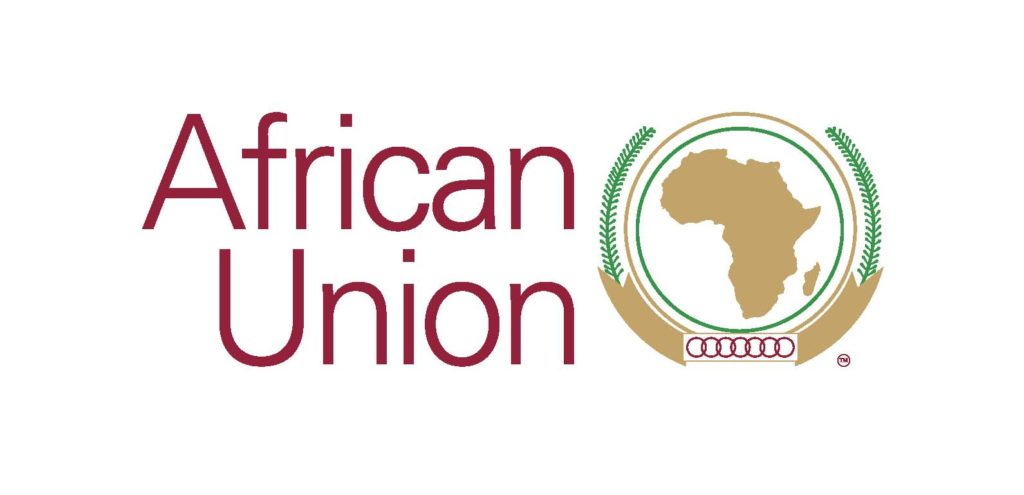
In the aftermath of the 2002 elections, the Organisation of African Unity, the OAU, which later became the African Union or AU, endorsed the poll as transparent, free, fair and credible. This gave Mugabe the legitimacy he needed on the African continent, and reflects the nationalistic positions of many African countries who see a perpetual state of antagonism between Africa and her erstwhile colonisers. On the other hand, a number of countries even some that were members of the OAU/AU sided with Western observers in condemning the conduct of the elections. Zimbabwean opposition figures along with the governments of Botswana, Ghana, Kenya, Lesotho, Malawi, Sierra Leone, Belize, Grenada, India, Jamaica, Sri Lanka, and observers from Norway and the Commonwealth refused to endorse the election, citing gross irregularities, violence and intimidation among other issues. In consequence, the Commonwealth suspended Zimbabwe from the grouping for a year, and after a further extension of the suspension the following year, Mugabe withdrew Zimbabwe from the Commonwealth saying, he would not brook interference with Zimbabwe from the Commonwealth. He dismissed the group as a “mere club”, adding that there were other clubs the country could join. That was the end of Zimbabwe’s relationship with the Commonwealth, at least until future President Mnangagwa’s attempts to rejoin the group some two decades later.
Back to 2002, Council and by-elections held later that year and subsequent years have continued to be marred by similar criticisms of pre and post-election violence as well as persistent accusations of election fraud. Even with all this, there are still positives to be drawn out of these negative experiences. Ever since the entry of the MDC into politics, political activism has risen, and more participants have entered the fray. Social media has changed political engagement in the country, and whilst some problems persist, there is less and less criminalisation of free speech and dissent. Activists are loud on social media, and most have operated freely. One such activist, Pastor Evan Mawarire and his This Flag Movement, inspired hope for peaceful resistance to brutality and a focus on the national good. Although he was seen by ZANU PF as an agent for regime change, and escaped conviction after an arrest, his non-violent methods provided an encouraging alternative to the violence that has become an unsavoury part of elections in the country. His inspirational movement will be discussed in more detail in its appropriate place on the timeline of the Book of Zimbabwe.
The Book of Zimbabwe continues in the next chapter were we delve into Operation Murambatsvina, splits in the opposition and an unforgettable election. Subscribe and follow us on twitter https://twitter.com/omnizim

